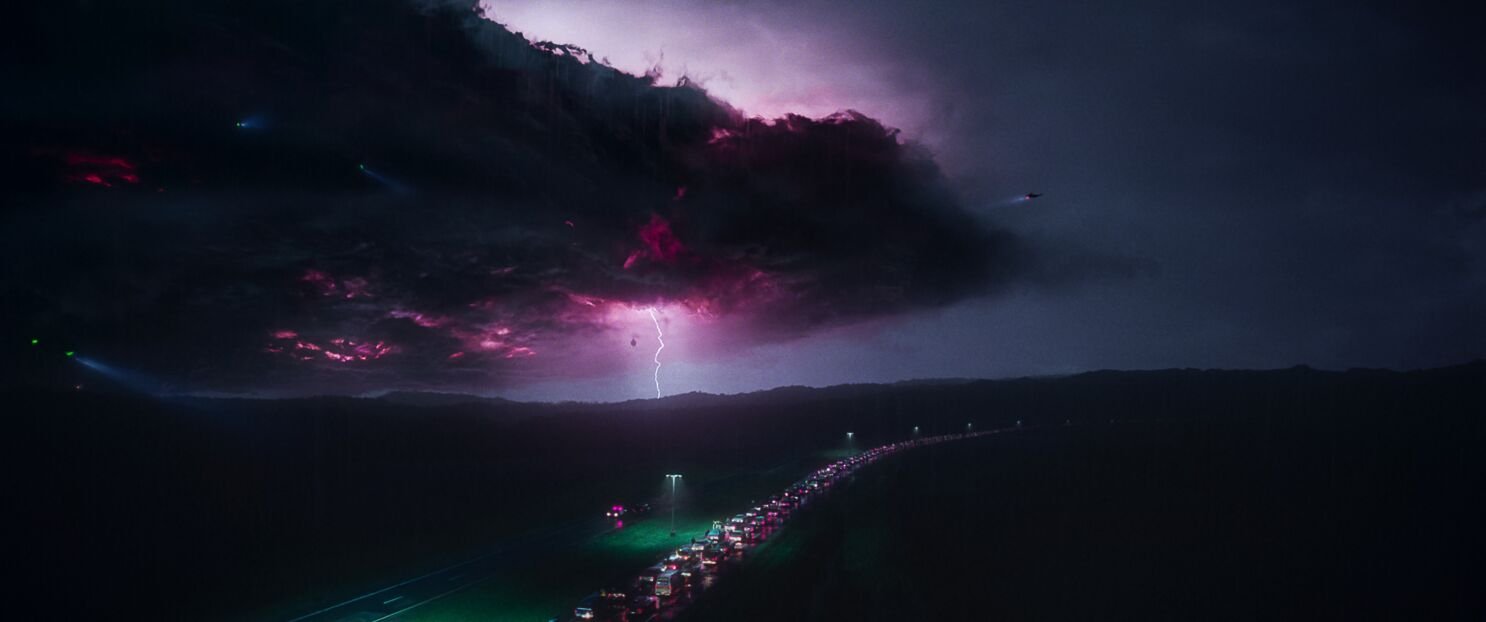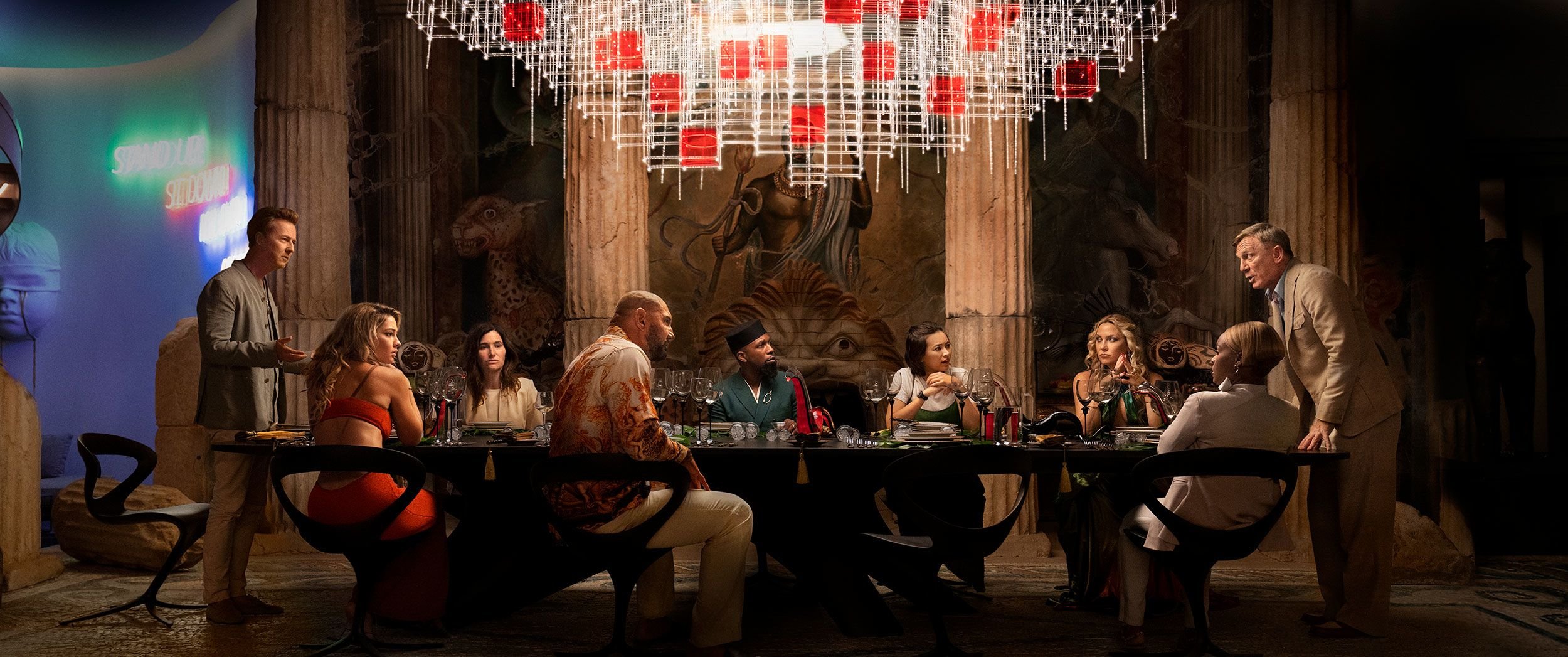EMPIRE OF LIGHT
Directing: B+
Acting: A-
Writing: B-
Cinematography: B+
Editing: B
It’s rather depressing when a movie that largely depicts the magic of cinema tanks at the box office. There’s a sad sort of irony, also, when the cinema house featured prominently in Empire of Light—itself called the Empire Cinema—is partially derelict out of lack of use. A new employee is given a tour which winds up including an upper level, with two screening rooms no longer in use, now drafty from broken windows and filled with random pigeons.
I don’t think this was writer-director Sam Mendes’s intention, but it made me wistful. Or, I suppose, like I’ve gotten old: increasing numbers of people feel that their huge at-home TV screens make for a perfectly adequate home theater experience. But that is not the same immersive experience as seeing a film on the much larger screen, occupying your entire field of vision, in a movie theater. It’s kind of funny, then, that empire of Light’s protagonist, Hilary (Olivia Colman, excellent as always), ultimately watches a film alone in her theater—barely a smaller number than the whopping four people I was among when I saw this.
All that said, “the power of cinema” isn’t really what Empire of Light is about. It’s just one example of an escape Hilary learns, as a woman with fairly severe mental illness. (At one point she’s is told to her face “You’re a schizophrenic,” but we never see that as an official diagnosis.) Hilary is a fictionalized woman at the center of a wholly invented story, but a character very directly based on Mendes’s mother, who suffered the same.
This is a movie with evenly mixed reviews, and the more I consider it, the more I see why. There’s a sort of triad of story elements, including Hilary’s mental illness; her friendship and quasi-romance with a far younger, Black coworker named Stephen (Michael Ward); and the political backdrop of increasing racial violence in an early-eighties, Margaret Thatcher-era Britain. These three threads never quite fully connect with each other. Somehow, that doesn’t make me like the movie any less, perhaps because of its strong performances, and a quietly sentimental tone that worked for me.
It certainly doesn’t work for everyone, and Empire of Light’s sentimentality is a common complaint against it. What’s wrong with sentiment, at least on its face? Mendes and his actors never give us anything especially overwrought. And over time, we see Hilary and Stephen developing deep empathy for each other, and their respective struggles with their place in the world. I’m not really sure what the point is of the racial element, whether Mendes is trying to equate dealing with racism with dealing with mental illness. And I won’t deny that I became slightly uncomfortable with the consummation of their relationship, just because he is so dramatically younger than her. But maybe that doesn’t matter. They’re both adults. I mean, barely: Stephen is applying to go to college.
It’s provocative, and I do see value in being challenged. There’s a moral question there, although Mendes never really directly explores it. There’s a sort of sad comfort in the tone of this film. A subtle kind of melancholy, that is somehow inviting. There’s a lot that doesn’t quite come together, but I enjoyed the experience.
This film reportedly was written during covid lockdowns. It feels like it, to an extent. It could be argued Sam Mendes needed a bit more quarantine time to flesh out and then connect his ideas and themes. The story of a mentally ill middle-aged woman works better than that of a young Black man facing racist brutality. Mashing the two together is a bit odd, and yet Colman and Ward have real chemistry together. Ward has a generally sunny disposition onscreen as Stephen, and a charismatic screen presence. Odd though it may be, seeing them together is a pleasant experience. A fair assessment of this film as a whole.
A brief moment of fireworks in an otherwise quiet movie.
Overall: B










